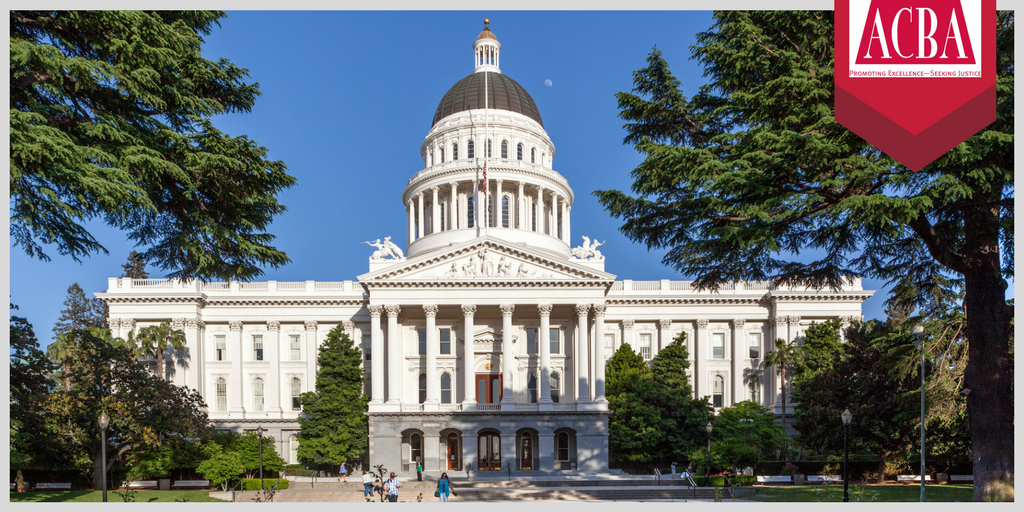Family Law Disclosures in Mediation
Legally-required financial disclosures are admissible, even if prepared in mediation
Signed by Governor Brown this week, SB 217 clarifies that the mediation privilege does not apply to legally-required financial disclosures in family law cases, codifying an appellate court ruling from 2014, Lappe v. Superior Court.

The mediation privilege provides that except as otherwise provided by law, no evidence of statements or admissions made “for the purpose of, in the course of, or pursuant to, a mediation or a mediation consultation is admissible or subject to discovery, and disclosure of the evidence shall not be compelled, in any arbitration, administrative adjudication, civil action, or other noncriminal proceeding in which, pursuant to law, testimony can be compelled to be given.” (Evidence Code Section 1119)
In Lappe v. Superior Court the 2nd District Court of Appeal ruled that confidentiality statues do not apply to mandated disclosures that must be made regardless of whether the parties participate in mediation. The court found that because the Family Code mandates the assets and liabilities declarations, their introduction in mediation does not shield them from discovery. Read the arguments here.
The California Supreme Court denied review of the Lappe case, allowing the decision to stand. California State Senator Bob Wieckowski (D-Fremont), author of the bill, says he introduced the bill because the Lappe case is not binding on other appellate courts, raising the possibility that a contrary decision from another district could cause more confusion. Read the full text of the bill here.

